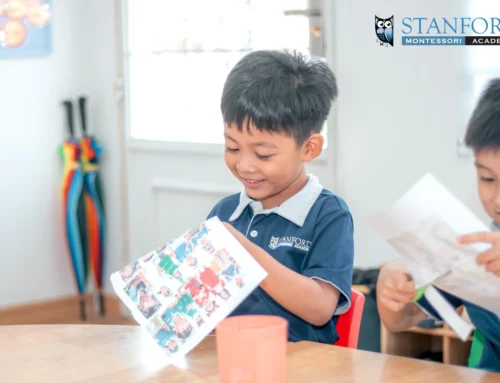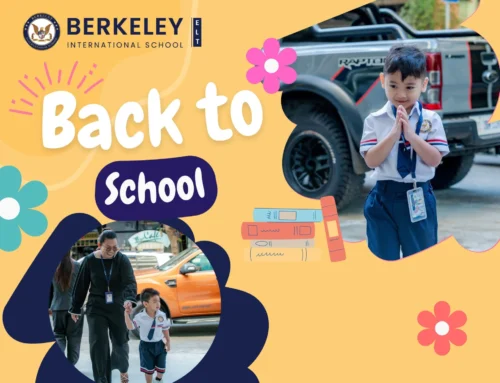In Phnom Penh, many parents of children with special needs wonder how to balance structured learning with the free spirit of childhood. One powerful answer lies in a simple truth: children learn best through play. At OrbRom Center, play isn’t just recreation—it’s therapy, education, and growth all in one.
For children with autism, ADHD, or developmental delays, play-based learning helps develop communication, cognitive flexibility, emotional regulation, and social skills in ways that feel natural and enjoyable.
Why Play Is Essential for Special Needs Education
For neurodivergent children, traditional teaching methods may fall short. Play, on the other hand, offers:
-
A low-pressure way to build attention span
-
Natural motivation through fun and curiosity
-
Opportunities to practice taking turns and sharing
-
A way to express emotions and explore creativity
-
Sensory input that supports regulation and focus
At OrbRom, we integrate structured play into all areas of our therapy and preschool programs.
Learn more about how OrbRom uses structured routines and play.
Types of Therapeutic Play We Use
-
Pretend Play – Using dolls, food, or role-play to develop language, imagination, and emotional expression
-
Sensory Play – Activities like water tables, sand bins, or textured materials to help with sensory integration
-
Fine Motor Play – Puzzle boards, building blocks, or shape sorters to improve hand coordination and strength
-
Social Play – Group games or partner activities that build social rules and joint attention
-
Movement Play – Obstacle courses, yoga, or bouncing activities that support gross motor skills and body awareness
Each type of play is chosen based on the child’s individual goals and needs.
Discover how shape puzzles support motor and visual learning.
Why Play-Based Learning Works in Phnom Penh Contexts
In Cambodia, families often prioritize academic instruction early. However, for children with special needs, foundational development must come first. Through guided play, children:
-
Develop pre-academic skills without pressure
-
Improve communication in natural, interactive settings
-
Gain confidence by achieving small, joyful successes
-
Learn classroom behaviors in a supportive, familiar way
In our experience, play bridges the gap between home, school, and therapy.
Learn how OrbRom supports speech development through everyday routines.
How Parents Can Encourage Play at Home
You don’t need expensive toys. Some of the best learning happens with:
-
Stacking cups or plastic containers
-
Pretend cooking with safe kitchen tools
-
Playing shop with real or toy food
-
Water play during bath time
-
Imaginative role-play with family members
What matters most is shared time, positive interaction, and letting the child take the lead.
Try our guide to improve learning through daily tasks.
Building Skills That Last a Lifetime
Play isn’t just for fun—it’s the way children practice life. At OrbRom, our therapists use play to:
-
Strengthen language development
-
Reduce behavioral challenges
-
Improve transitions and attention
-
Encourage social and peer engagement
-
Boost motor coordination and balance
Over time, these small steps during play turn into big wins in the classroom, at home, and in the community.
Conclusion
For children with special needs in Phnom Penh, play is more than a break—it’s a path to learning, healing, and connection. Whether it’s guided play in therapy or shared play at home, the right activities can transform your child’s progress.
Click here to learn more about our special needs services in Phnom Penh.







